Globally, more people are opting for a lifestyle that excludes alcohol.
This choice isn’t simply binary—between drinking or abstaining—but includes a range of behaviors such as drinking only on certain occasions, deliberately reducing consumption, or taking temporary breaks from alcohol. Campaigns like “Dry January” or “Sober September,” which encourage abstaining after periods of increased drinking opportunities like the year-end holidays or long breaks, have become widely popular on social media.
The concept of being “Sober Curious” has spearheaded this global shift. Surveys in the US indicate that approximately 40% of American consumers identify with a Sober Curious lifestyle to varying degrees. As the Sober Curious movement gains momentum, more spaces and opportunities emerge for those who choose not to drink, fostering new communities and market interests.
Ruby Warrington, the British author and journalist who introduced the term “Sober Curious,” once had a regular relationship with alcohol several times a week, enjoying the nightlife of bars and clubs on weekends. Alcohol was integral to her social interactions, both professionally and personally.
For her, as a journalist, social gatherings have long served as vital networking hubs for her, where she’s often mingled with a drink in hand at various parties and receptions.
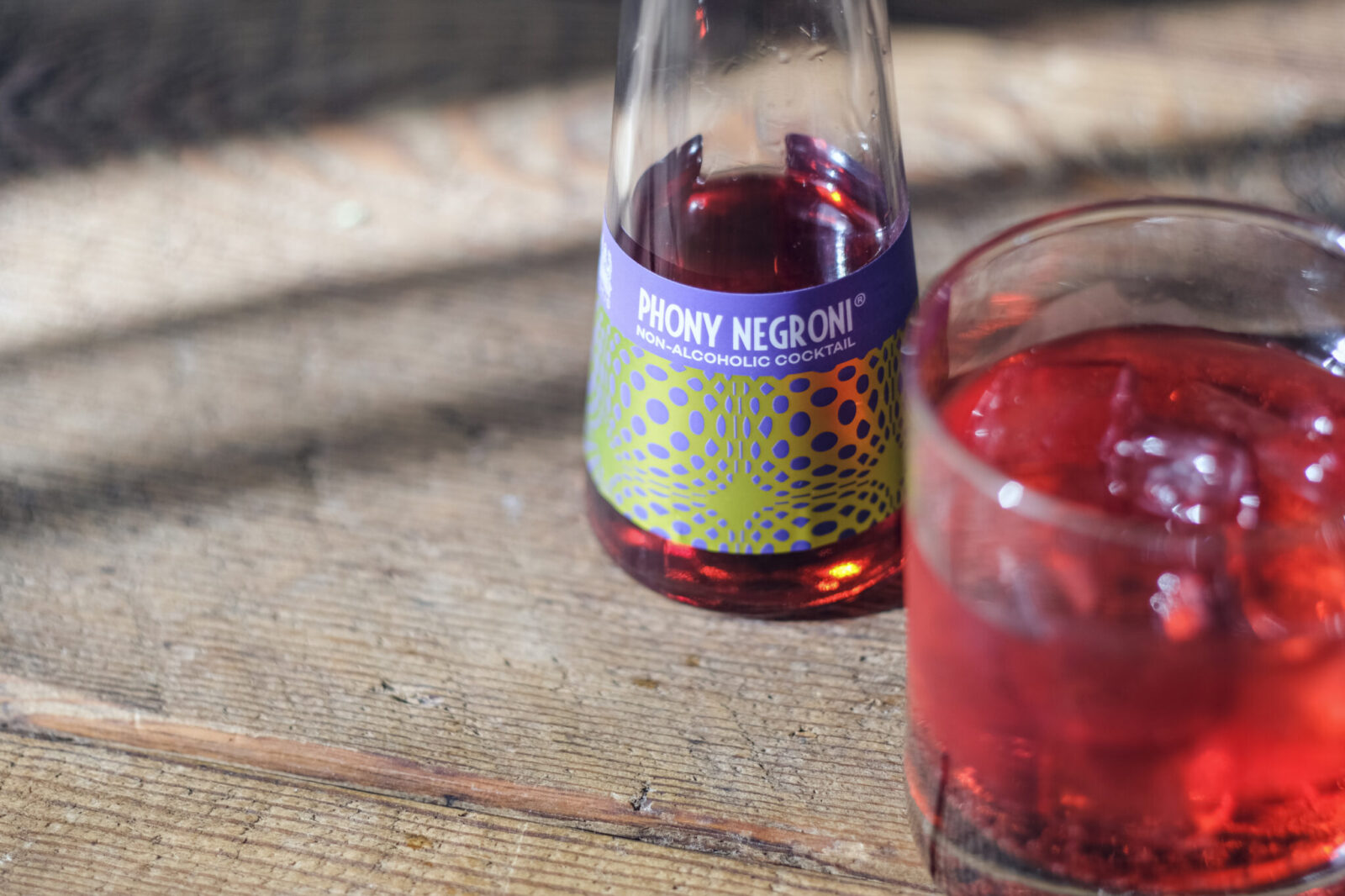
Why did she, who felt even fear at “being sober in social settings,” arrive at this new perspective of “Sober Curious”? What does “Sober Curious” mean specifically? What awaited her on her journey of Sober Curious?
In the first solo interview with Ruby in Japan, the DIG THE TEA team spoke to Ruby.
Rethinking one’s relationship with alcohol
“It is about being curious, open-minded, and honest with yourself.”
— To start with, what does it mean to be sober curious?
To be sober curious is very simple. It is about giving yourself permission to be curious about your relationship with alcohol. Why do you drink? In what situations do you drink? How does alcohol make you feel? What are the expectations that other people have around your drinking? Those questions will be very personal to each individual.
It doesn’t have to mean anything. There’s no end goal, except for you to get as much information as you need to make the best decisions about your drinking going forward. For some people, the result of becoming sober curious might mean they decide to not drink at all. But for other people, it might mean reducing their drinking.
It’s not about whether any decision is right or wrong, and It doesn’t have to look a certain way. It’s really just about being curious, staying open-minded, and also being honest with yourself.
I started using the term “sober curious” and promoting this approach in response to what traditionally has been a very binary approach to so-called “problem drinking.”
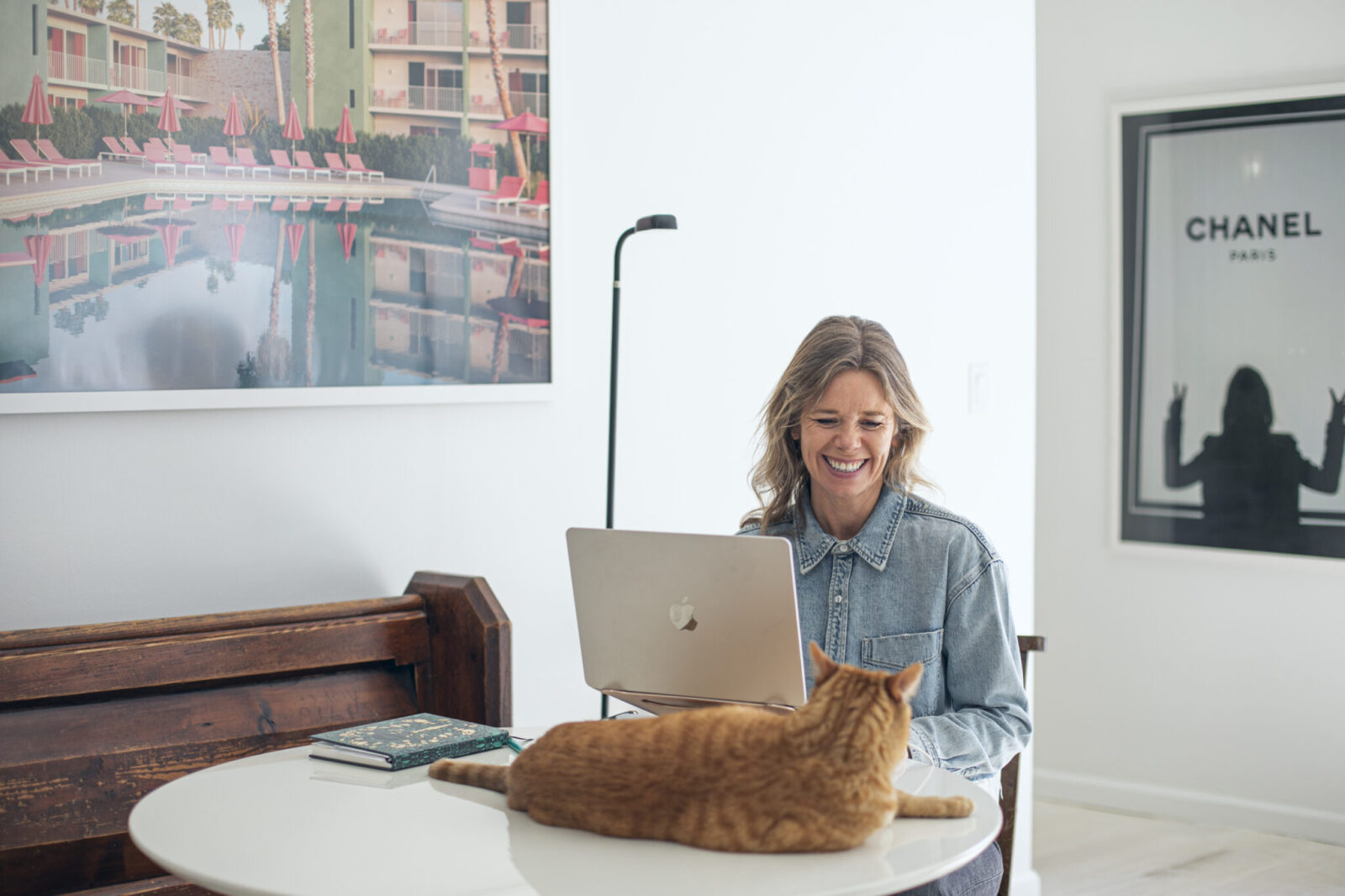
— What triggered you to think about Sober Curious and experience it yourself?
Throughout my life as a normal social drinker, I continuously questioned my alcohol consumption.
I wondered if I was an alcoholic and even attended meetings for people with addiction, but my experiences didn’t align with anyone else’s. That led me to reconsider my relationship with alcohol.
Why did I drink? What was I expecting from drinking? What was I really seeking from it? I named this curious approach towards alcohol “Sober Curious” and experimented with it for about 8 to 9 years.
After many years of privately questioning my drinking, I began speaking openly about my conflicted feelings about alcohol in 2015. I realized that many people felt the same way as I did. They had issues with drinking but were not necessarily dependent. Many people were there who couldn’t talk about their ambiguous feelings.
So, I began hosting events and gatherings on the theme of Sober Curious, creating a space for open discussion. Then, in 2017, as Sober Curious started to be recognized as a wellness trend, I decided to put together what I had learned from my experiences into a book.
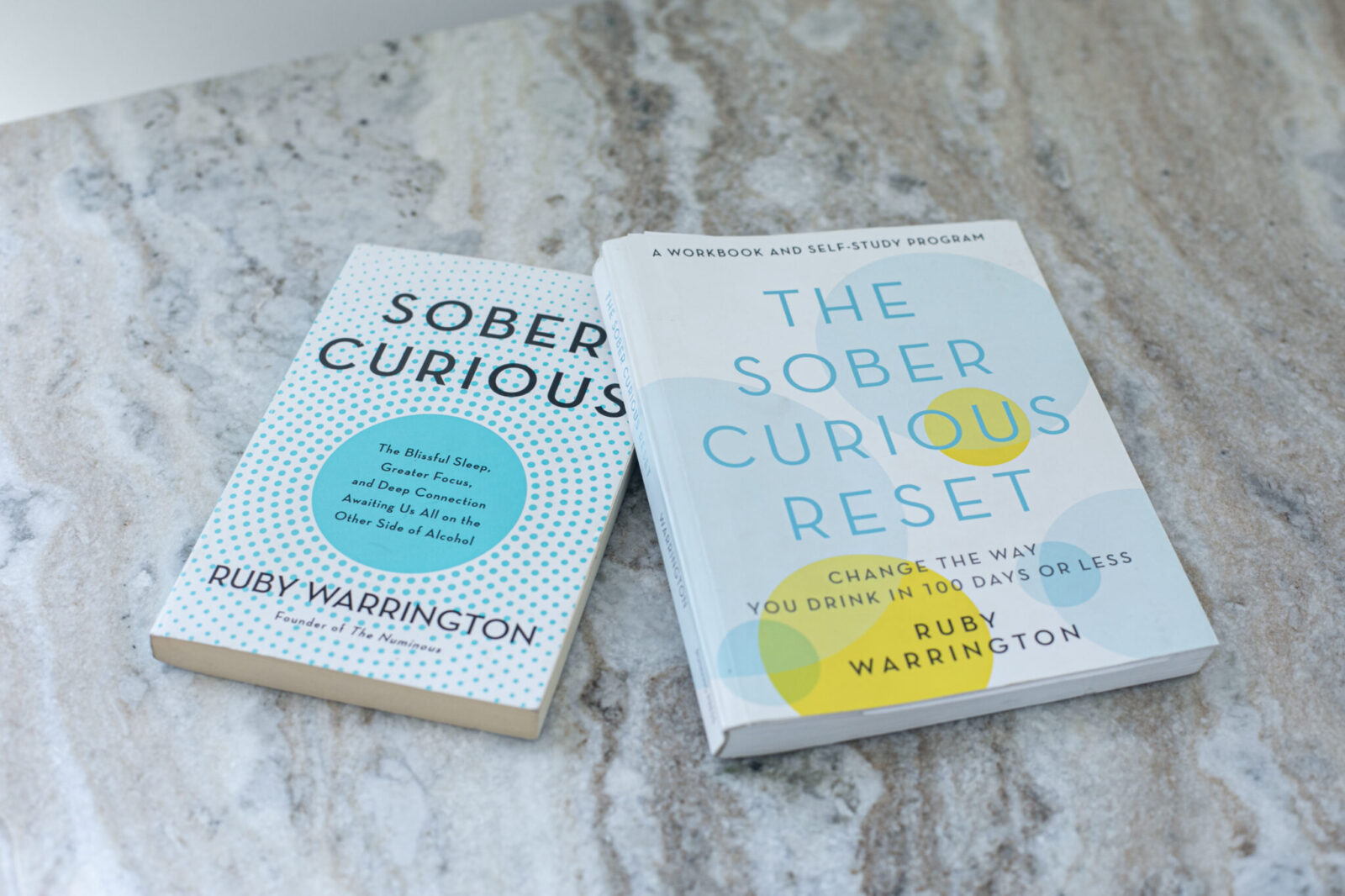
— What are the hurdles one needs to overcome in order to become Sober Curious?
In the book, I talk about how it’s almost harder to maintain a completely neutral relationship with alcohol than it is to become just a little bit addicted. I came up with this theory based on three factors.
First is our biology. We are hardwired to seek out and repeat behaviors that either take away our pain or bring us pleasure. Alcohol, on a very superficial level, triggers that dopamine response.
Then, there is the fact that alcohol is heavily marketed to us. It is extremely socially acceptable, widely available, and seen as an essential component to a successful adult life. Throughout daily life, drinking is promoted as glamorous, exciting, and pleasurable, whereas people who don’t drink are depicted as boring. These depictions are prevalent not only in typical advertisements but also in cultural representations such as TV shows and movies.
Third, the fact that alcohol is one of the five most addictive substances on the planet. We don’t necessarily see alcohol in the same category as substances like heroin or crystal meth, because of its legality and the level of social acceptance around it. It’s a very serious substance that’s treated as a very light-hearted kind of addiction.
Physiologically, alcohol is as addictive as many substances, and uniquely, it is the only substance from which withdrawal can be fatal if one becomes heavily dependent on it. When we find ourselves having even what might seem quite mild problems associated with our drinking, such as hangovers and not sleeping particularly well, these don’t feel like major consequences, but they’re actually clues to how powerful this substance is.
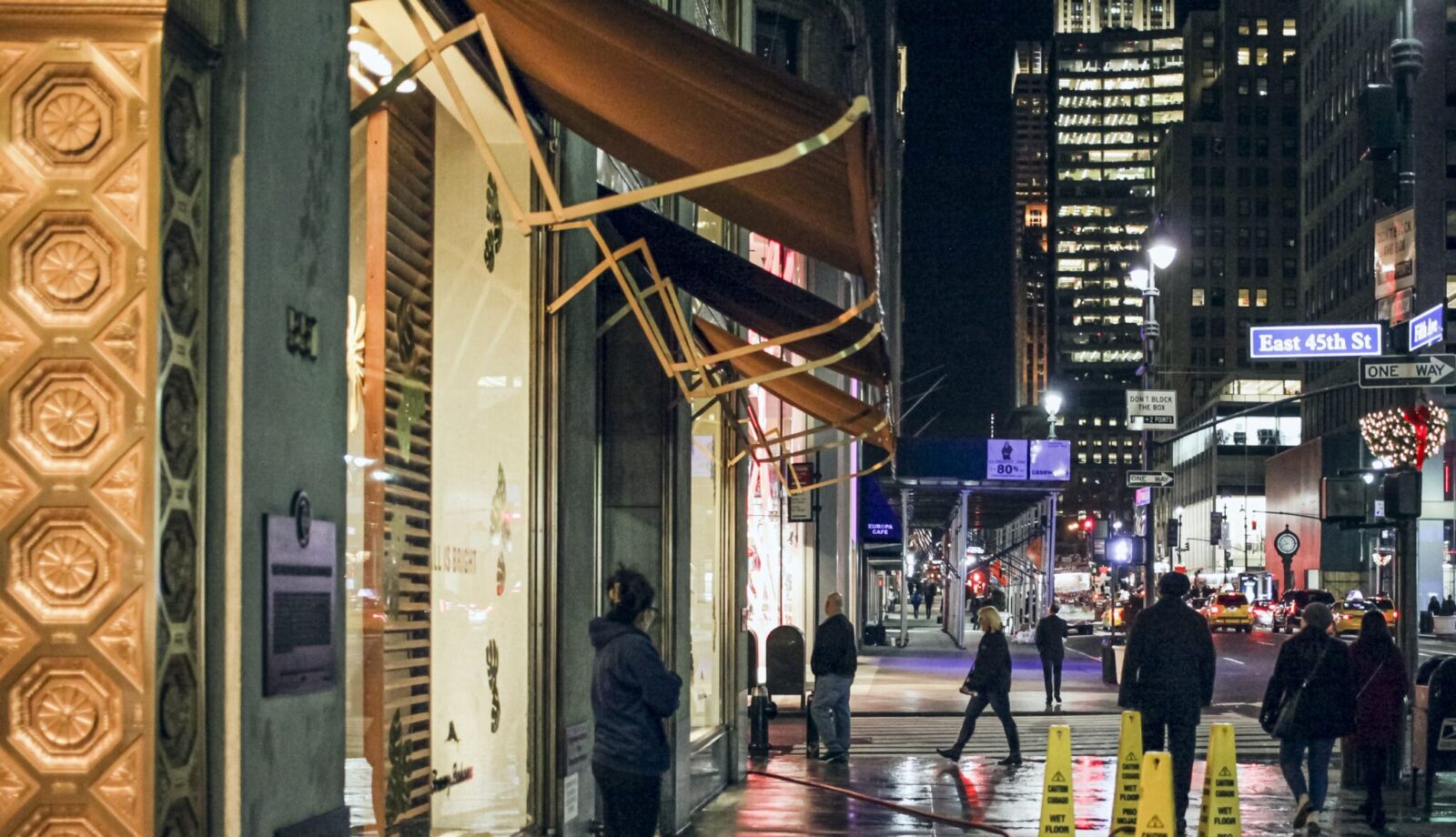
The contradiction between our formal and social education
“Drinking is almost like a rite of passage into adulthood. Nobody ever asks why.”
— Is it because of a lack of education around alcohol?
Growing up in the UK, the only education I got was that it wasn’t legal to drink until I was 18. So because of that, there’s some kind of implication that there’s some danger associated with alcohol, but everyone did start drinking at age 18, if not before. So obviously, it’s not that serious.
In the US, I’ve spoken to people where they’ve had alcohol education in school, like police officers coming into the school and lecturing them. If you drink too much, you’ll get in a car accident, or you’ll end up in jail. But then when they looked around, all the adults drank all the time.
So on one hand, you have the official education that is very scaremongering; and on the other hand, you have the social education that teaches you a party is not a party without alcohol, that we need alcohol when we’re sad, when we’re happy, when we are on holiday.
These are very confusing mixed messages, and I think part of the sober curious approach is about collecting facts. Educate yourself properly about the substance and about the drinking culture, and then make your decisions about how you want to use alcohol.
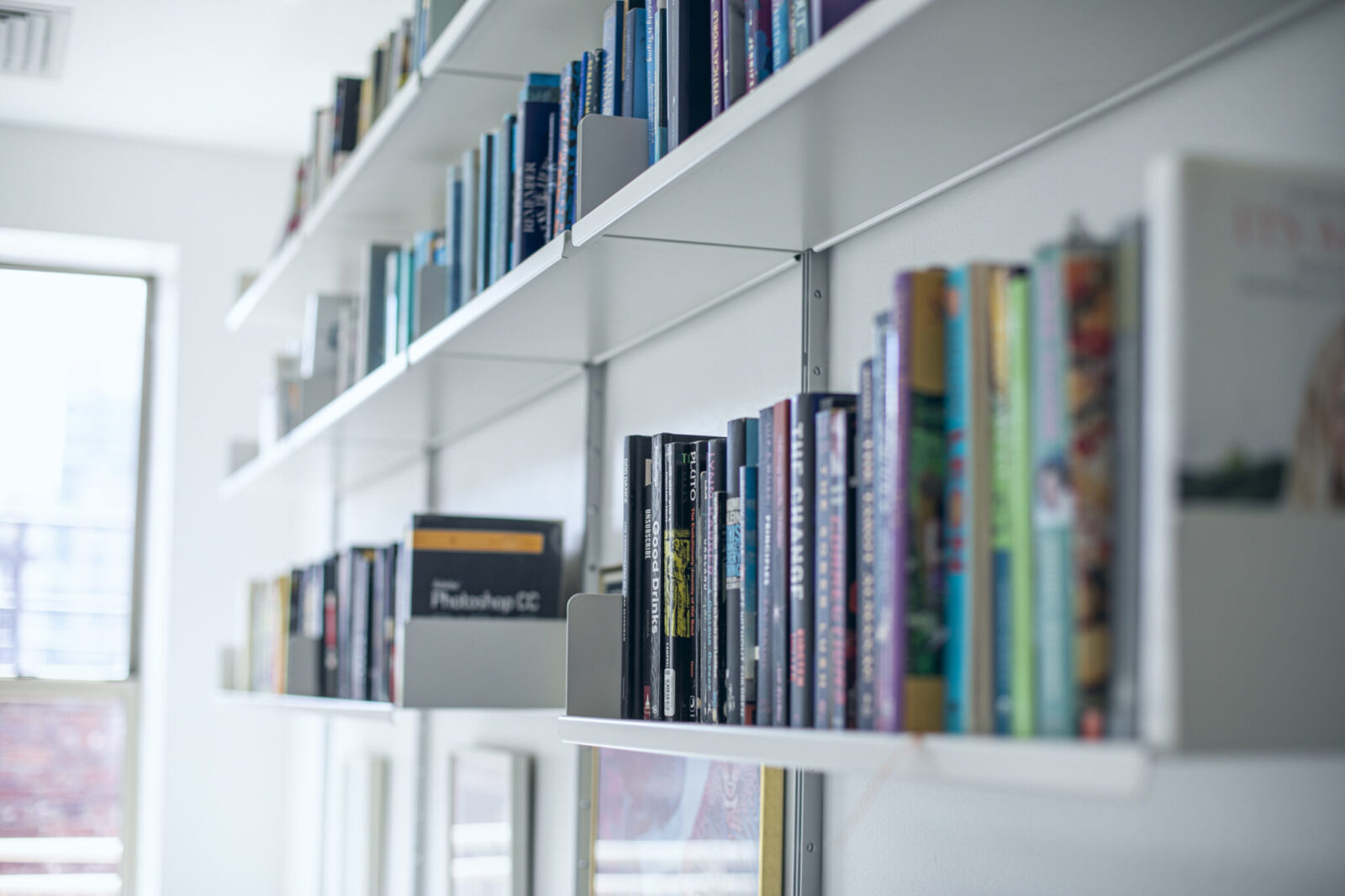
— Apart from alcohol being socially acceptable, there is also social expectation and pressure around drinking. Can you elaborate on that?
Drinking is almost like a rite of passage into adulthood. The expectation is so ubiquitous that when you are old enough, you will drink alcohol and nobody ever asks why.
The drinking culture finds us in adolescence when we are anxious and trying to figure out what it means to be out in the adult world. What are the rules of the adult world? What does it mean to be an adult? What does it mean to flirt, to date, to network? What does it mean to be out in the adult world without my parents’ guidance? Who am I going to be as an adult? These are intimate questions that we have to confront.
This social anxiety we have, combined with the readily accessible, glamorous substance that numbs all of that anxiety, encourages us to start using alcohol in social situations.
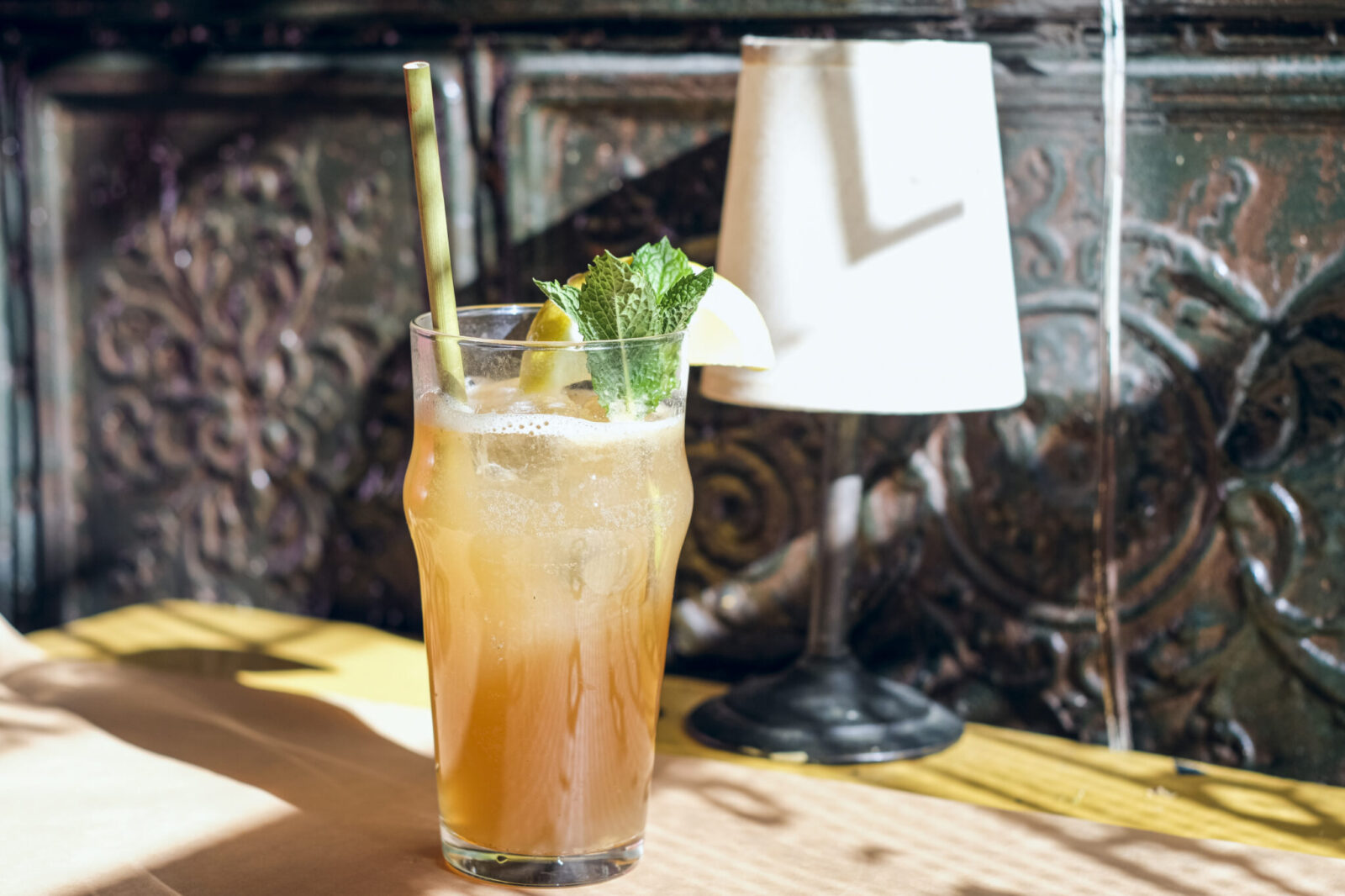
— In that case, the desire is not around the alcohol itself, but the results of drinking it, which is to numb your anxiety.
Alcohol has this numbing effect, both physically and emotionally. It used to be a substance used in surgeries as an anesthetic, right? Alcohol can numb the social anxiety we naturally have, such as how do I interact with other humans? Who am I in the world? How am I being perceived?
Although there is some evidence to show that moderate alcohol consumption can be beneficial, more and more people recognize that these potential benefits are primarily attributed to its stress-relieving effects, rather than any inherent health benefits of alcohol itself.
This leads to the real questions — what are the other ways that we can reduce our stress, that we can relax and unwind after a day at work, that we can feel more comfortable in social settings, that don’t come with the negative kind of toxic side effects of alcohol.
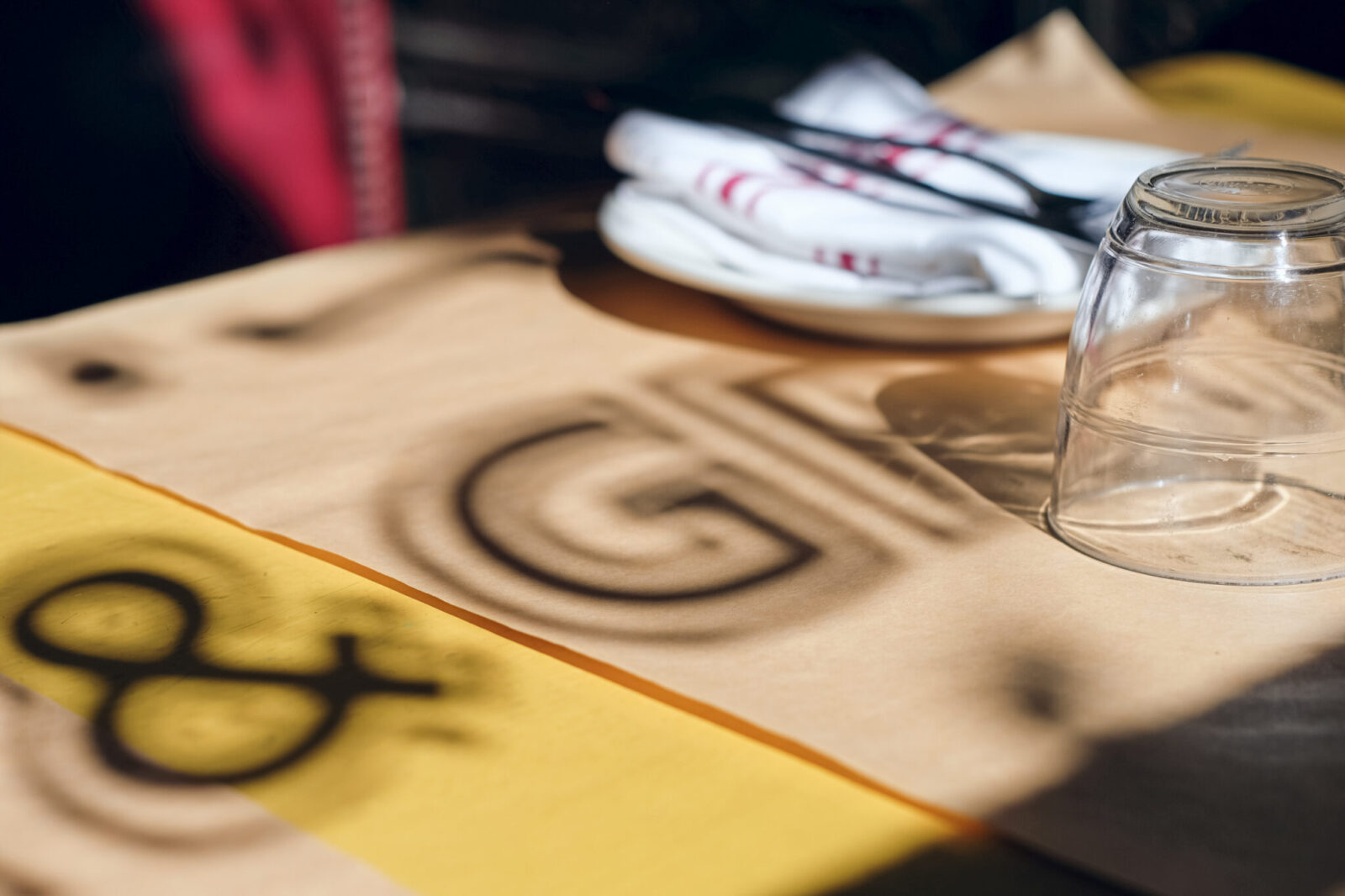
— Since the publication of your book “Sober Curious” in 2018, we have also experienced a global pandemic. What role did the pandemic play in the Sober Curious movement?
I think the pandemic shone a light on people’s drinking habits. People, who might have said they are social drinkers, found themselves drinking a lot more during the pandemic to manage their boredom and stress. They realized that alcohol was actually a much bigger part of their lives than they had realized.
Coming out of the pandemic, people are more conscious of their drinking and are more conscious of their mortality. There’s also a much more mainstream conversation about mental health. People are much more open to talking about their anxiety and depression, and to getting help than they were five or six years ago. Until then, alcohol had been a default bandaid for a lot of mental health issues.
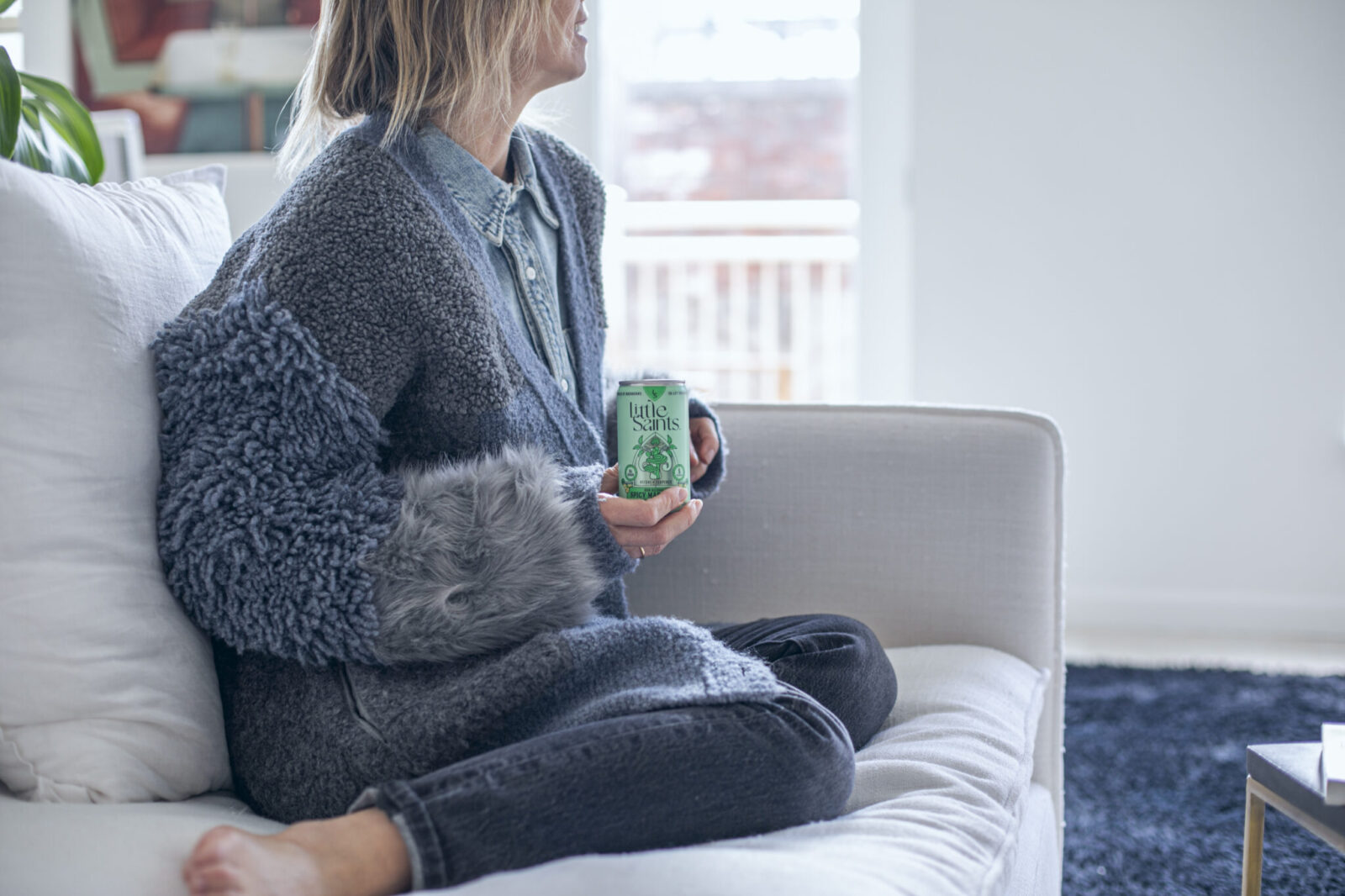
Embracing your “Sober Firsts”
“Put yourself in those situations without alcohol, feel the fear and embrace it.”
— So the real question is, how might one address the causes of their anxiety?
Indeed, it becomes a question of our lifestyle, whether we are using alcohol as a way to medicate a lifestyle that’s over-adrenalized and unsustainable.
It’s also a question about what other practices we can bring into our lives to reduce overall anxiety. This could be yoga, meditation, spending more time in nature, or establishing better boundaries around our schedules.
Once we remove alcohol, it might shine a light on broader changes we need to make in our lives.
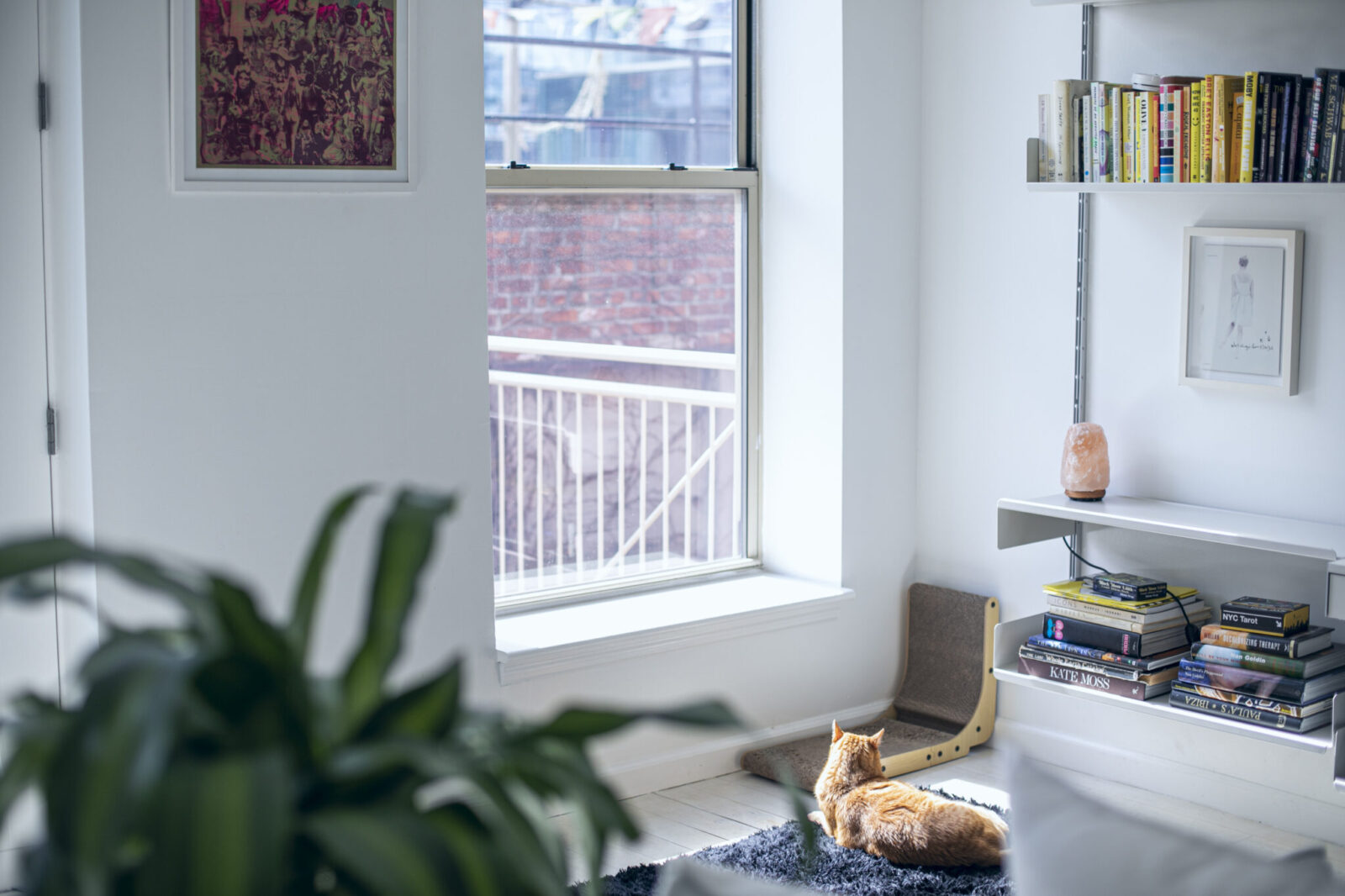
— How can people get away from this “I have to drink” cycle?
The only advice I really have is to embrace your “Sober Firsts.” Put yourself in those situations without alcohol, feel the fear and embrace it.
What a lot of people discover is that they’re actually far more confident and far more comfortable in social settings without alcohol than they ever realized that they could be.
It can also be helpful sometimes to recruit a sober curious friend to go there with you, so you’ll know you’re not going to be the only one who’s not drinking. Many of us drink because we want to fit in. We don’t want to be the odd one who’s not drinking. So having somebody else kind of on your team can be really helpful too.
There’s nothing better than waking up the morning after a sober first with a clear head, with all the confidence that you’ve gained from proving to yourself that you don’t need alcohol.
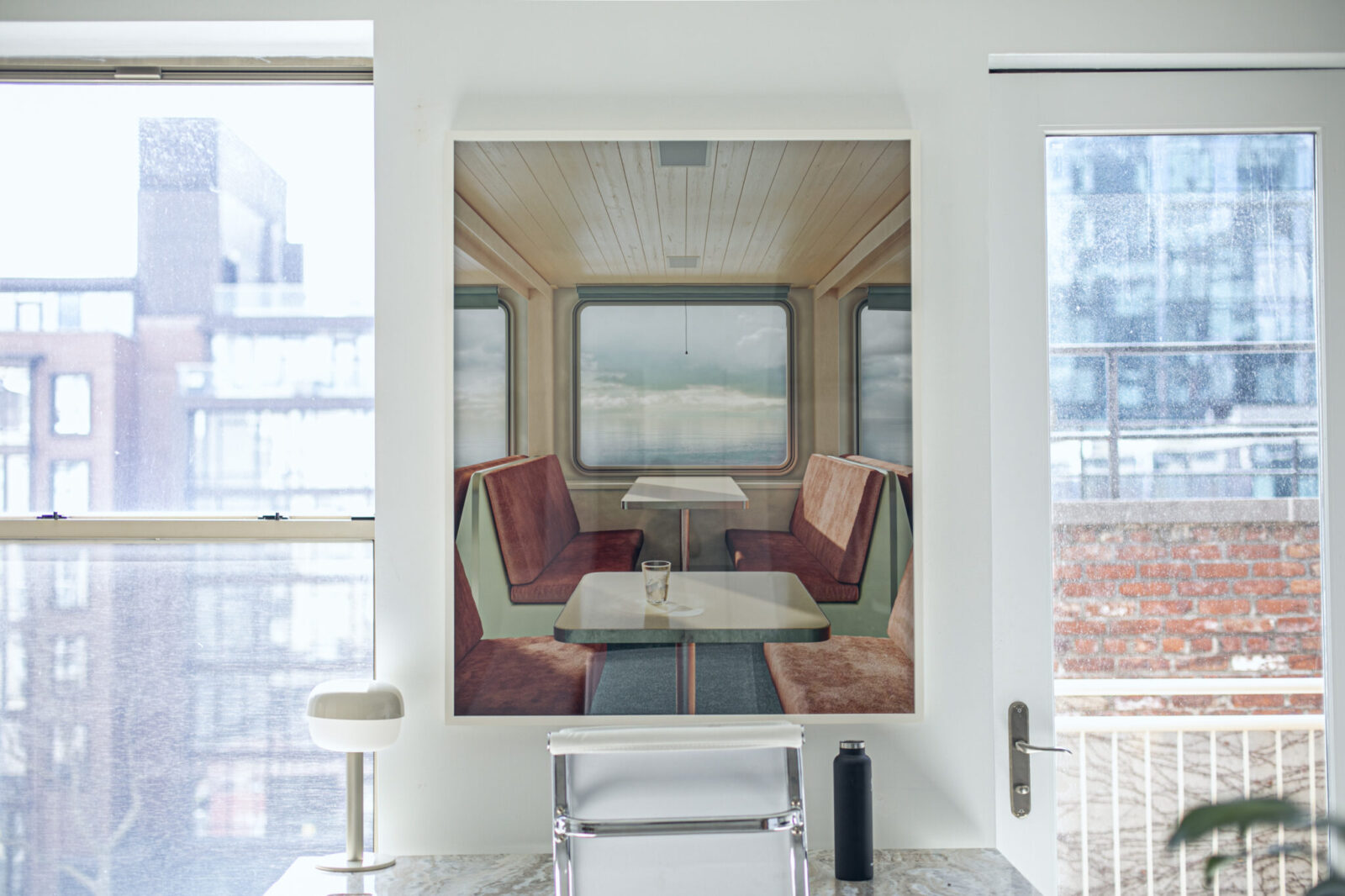
—That’s a really good point. Once you experience a “Sober First,” you can compare and contrast how different you feel with or without alcohol. I used to drink a lot but not anymore because I am a runner and alcohol affects my recovery. Nowadays when I’m surrounded by people who drink, I often find the conversations boring and repetitive, which reaffirms my decision not to drink.
Totally. What I began to realize, as I got more used to socializing without alcohol, and when I used alcohol in those situations, I noticed that it actually made me feel more confused and less eloquent. I realized I was much more confident, much more articulate, and could be much more engaged in conversation when I was not using alcohol.
Like you noticed as well, being around people who were drinking, I would notice the quality of conversation would just gradually reduce as the night went on.
It made me realize that many of those conversations that I remembered as great, deep late night conversations were probably not that great. And the fact that I couldn’t remember what we had spoken about the next day meant we probably weren’t really talking about anything important anyway.
A simple and quiet day without alcohol
“My life is very quiet. and I like it that way.”
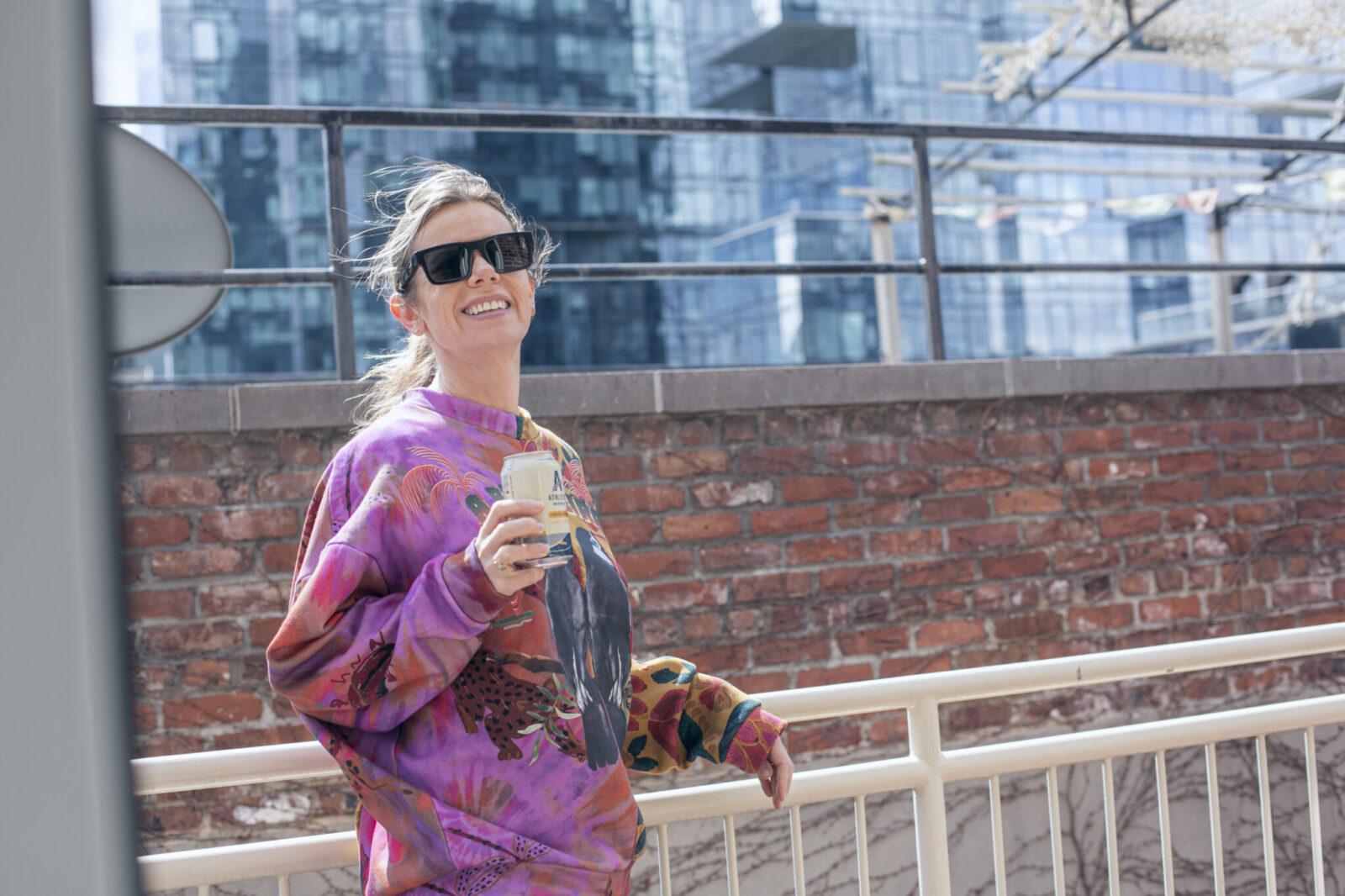
— Now that you don’t drink alcohol, what are your alternative beverages of choice?
I always really liked beer and I’m so grateful that there are so many fantastic alcohol-free beers on the market now. So I would always look on a menu to check if they have an alcohol-free beer. I also have them in my fridge at home. And I’ll have one at the end of the day. So those are fantastic for me.
If I’m in a bar, I would maybe order tonic water with bitters, soda and lime, or anything really. This afternoon, I had a really delicious chai tea. It depends on the situation.
— How does your day look like now?
I do my socializing mainly during the day. I meet people for lunch, I meet people for tea, I meet people to go for a walk in the park. And I go to bed quite early.
I do yoga and meditation on most days. My life is pretty simple, but there’s a level of contentment that I experience now that is so much more rewarding than the highs and lows that I used to have when I was drinking.
So my life is pretty simple and quite quiet, and I very much appreciate that, especially given we are living in such tumultuous times. There’s enough of a roller coaster happening on my social media feeds or in the news feed every day, right?
So yeah, my life is very quiet. and I like it that way.
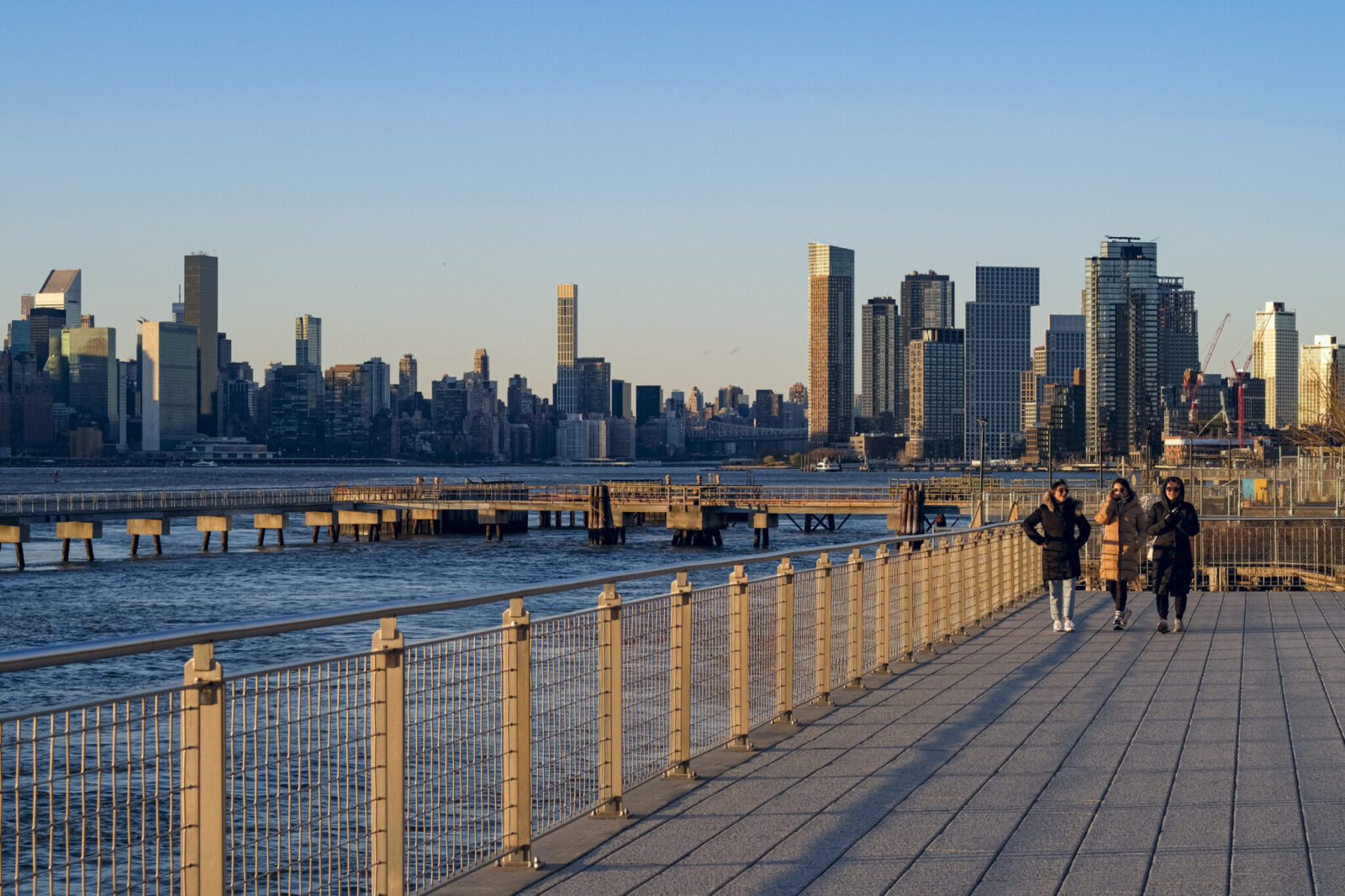
Marco is a design researcher who works with small to large companies to develop new products and services. Before stepping into the world of design consulting, he spent 10 years working as a financial journalist in Hong Kong, Tokyo and New York. Marco is also the host of KIKITE, an interview podcast.
Editor, Writer, and Video Creator based in Tokyo, Japan. After years of backpacking and volunteering abroad, she fell in love with the charm of Southeast Asia while working in PR. Experienced as an editor at Huffpost Japan and a video director/producer for BuzzFeed Japan and other media outlets, she now specializes in crafting content themed on social issues and sustainability across various media platforms.
Editor and creator of the future through words. Former associate editor of Huffington Post Japan. Became independent after working for a publishing company and overseas news media. Assists in communications for corporates and various projects. Born in Gifu, loves cats.
Freelance photographer based in New York. Born in Tokyo, Japan. She started taking photographs at the age of 10, studied classical and specialized techniques in the photography department at the university, then became a freelance photographer in 2009. She currently operates studios in Brooklyn, NY, and Kichijoji and Tsukiji in Tokyo, while creating various works including commercials, portraits, fashion, and art.
